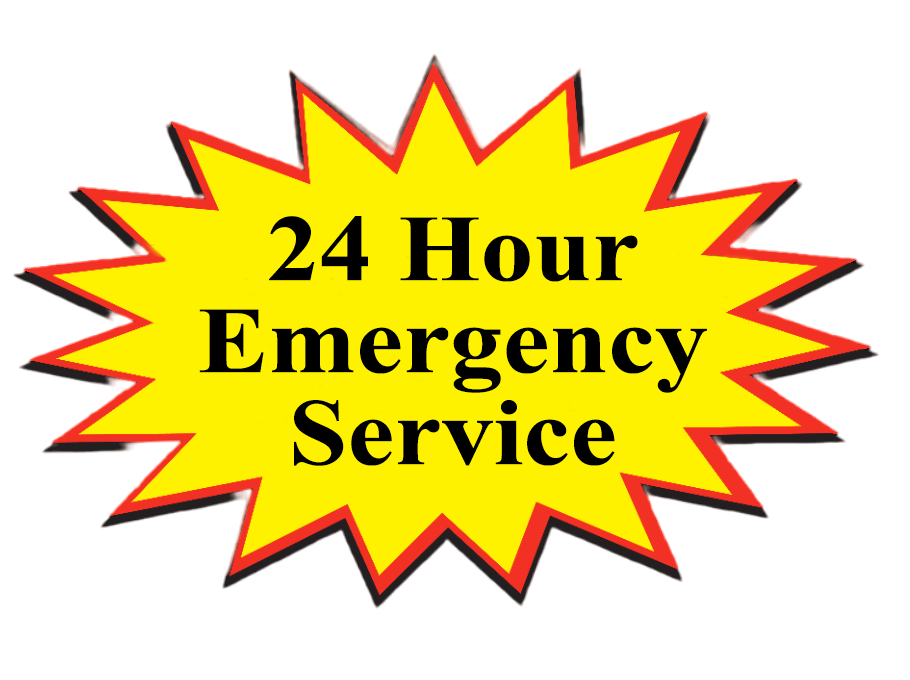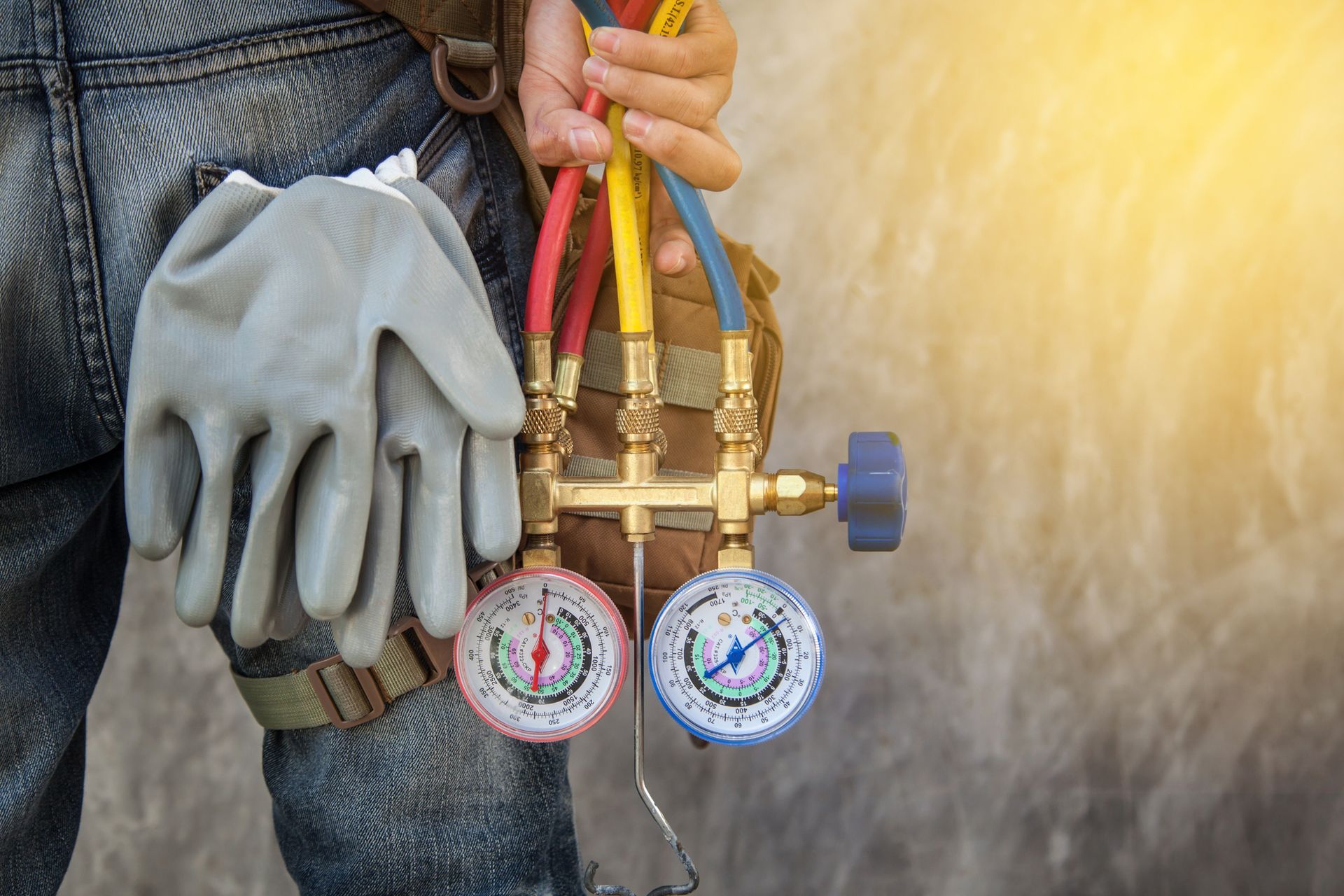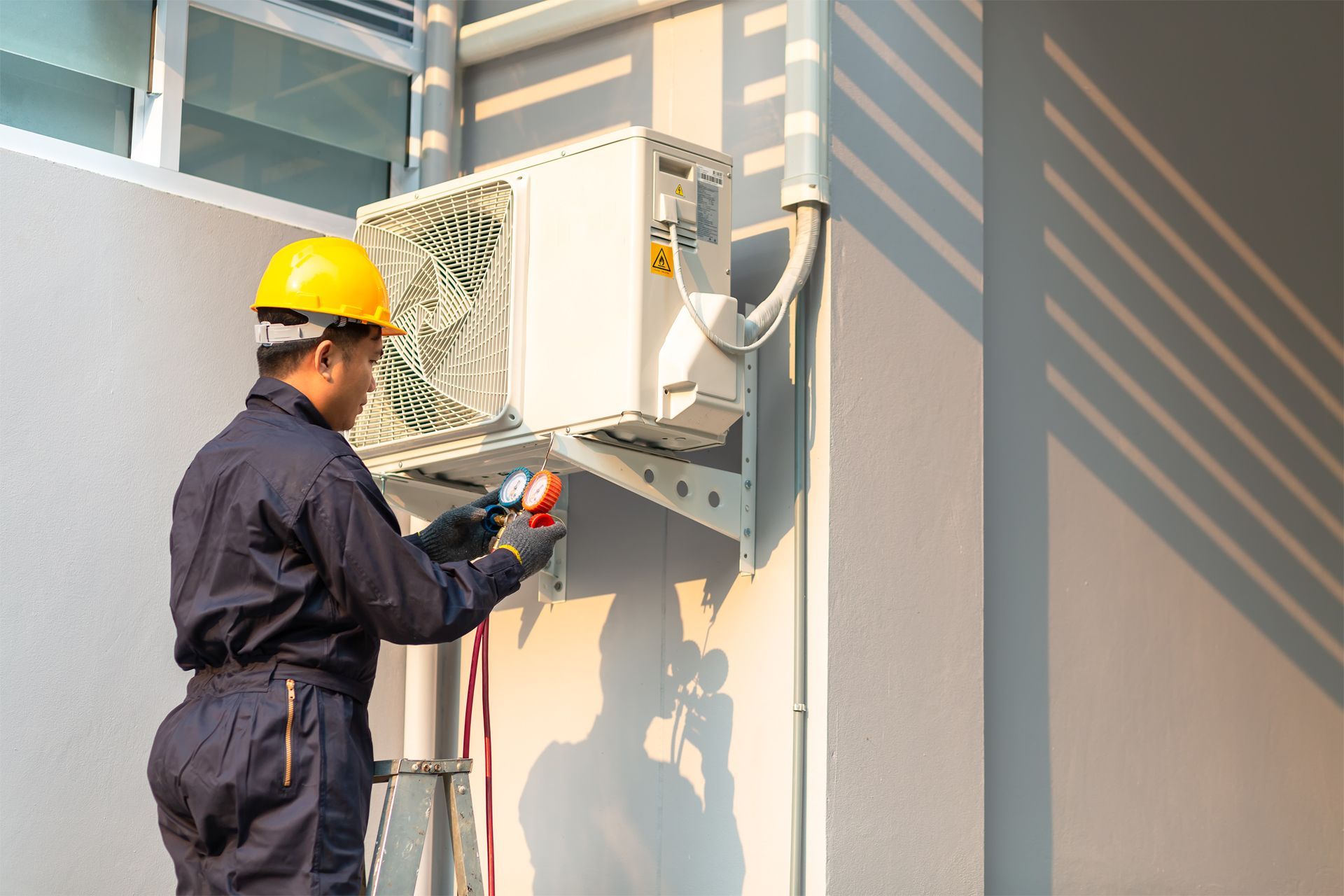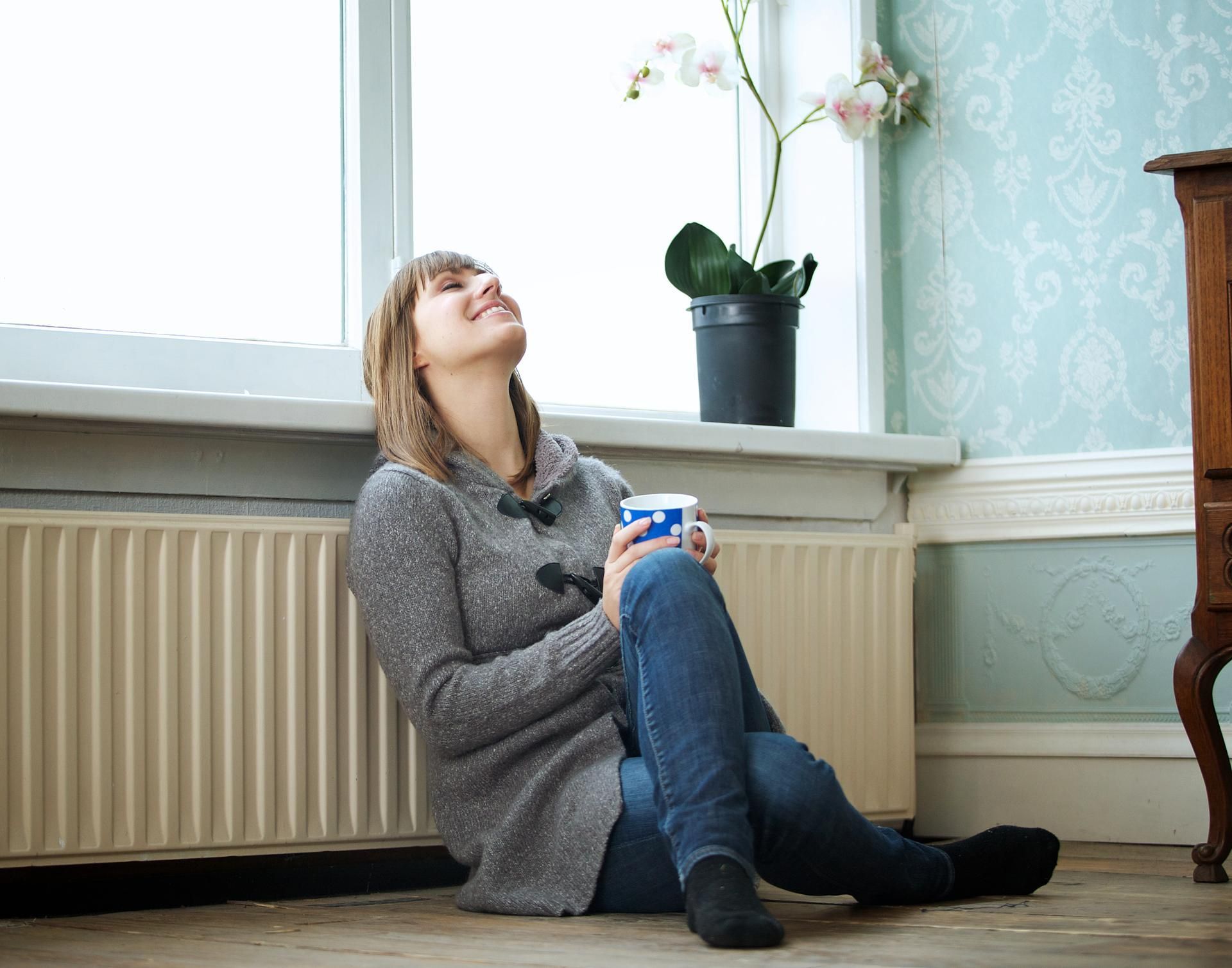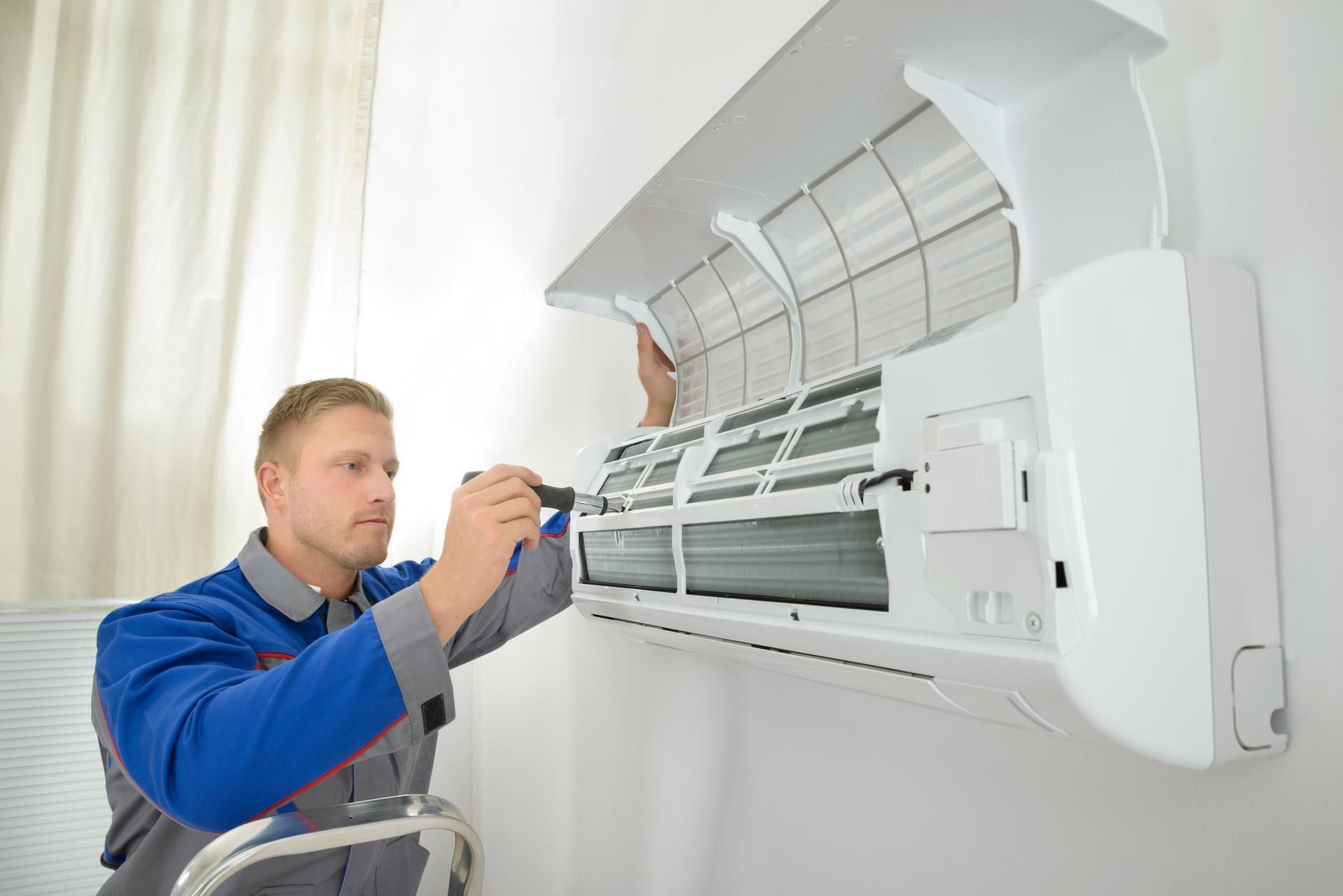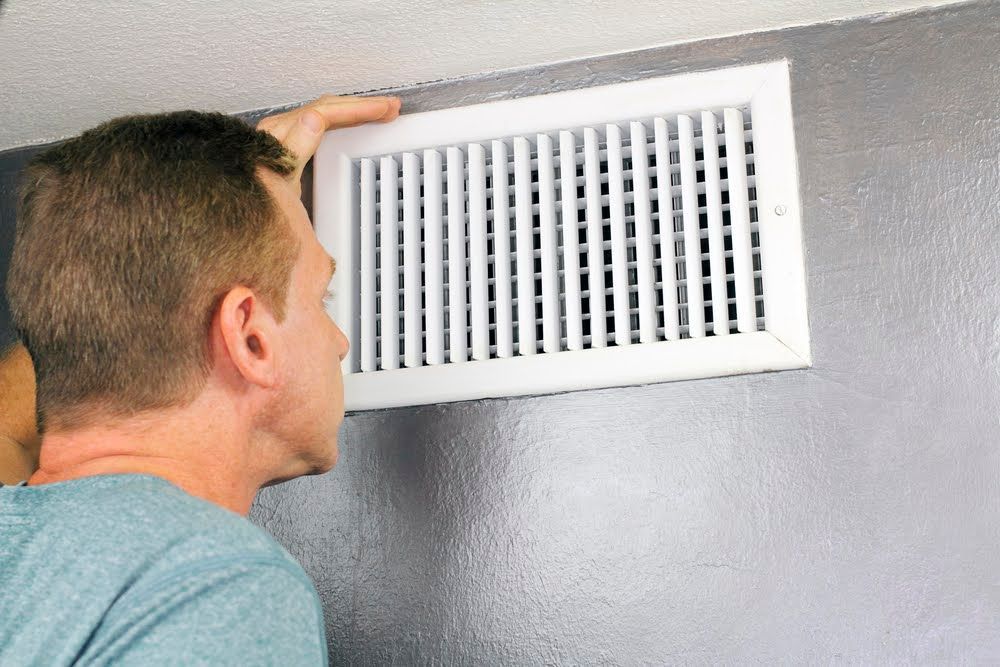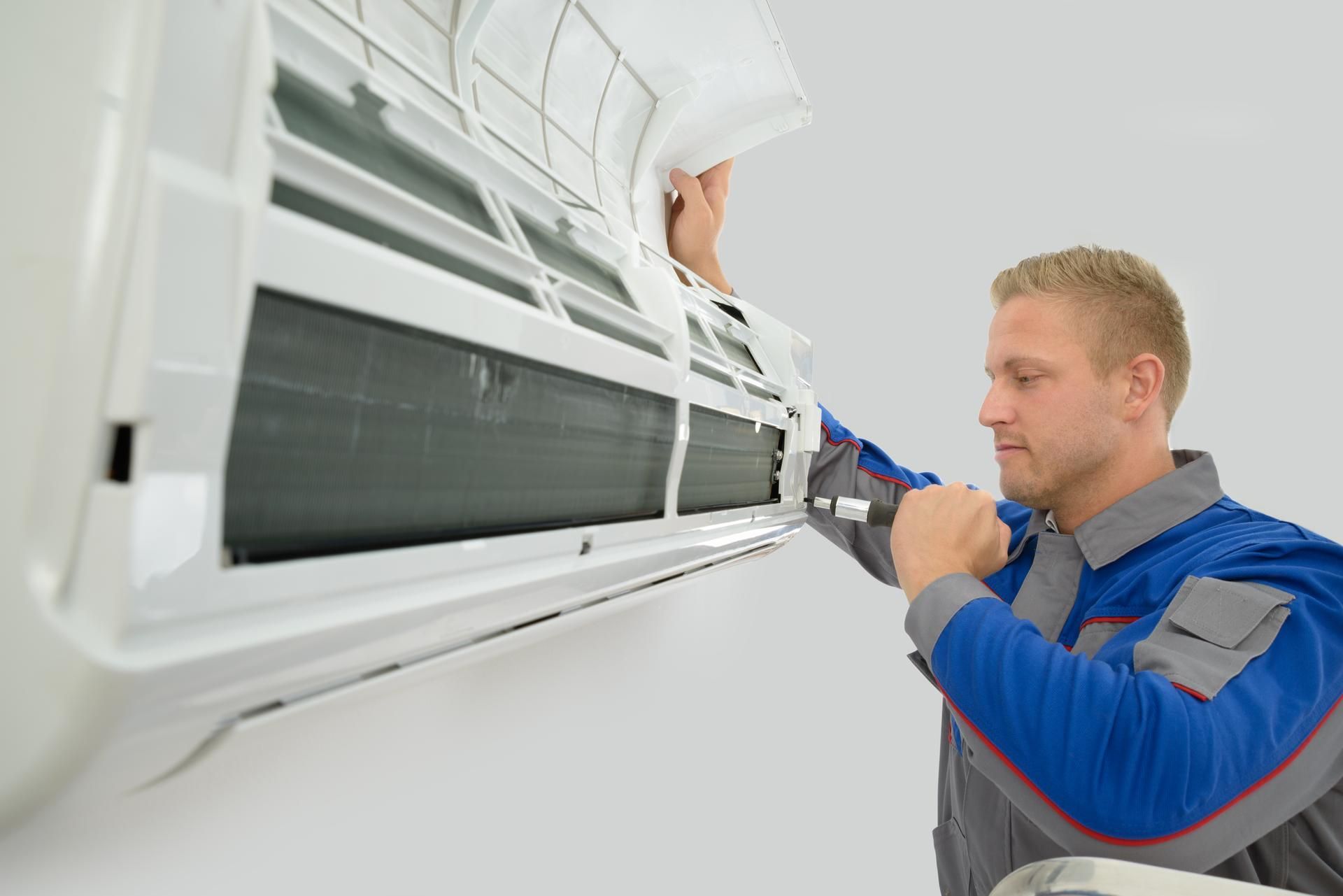Upgrading And Maintaining Your Heating System For Your Home
For many homeowners, focusing on the heart of their home's comfort is important and leans on one main component: the heating system. Whether you’re dealing with frigid winters or just a few chilly months, upgrading your heating system can make a significant difference in comfort and energy efficiency. Let's explore why upgrading your heating system is essential, when it's time for an upgrade, the cost considerations, maintenance tips, and how to improve your heating system if you choose not to upgrade.
The Benefits Of Upgrading Your Heating System
One of the primary advantages of upgrading your home's heating system is improved energy efficiency. Modern heating systems are designed to use less energy while providing superior performance compared to older models. This efficiency translates into lower utility bills, saving you money in the long run.
Another benefit is enhanced comfort. Newer systems provide more consistent and even heating, eliminating cold spots in your home and ensuring every room maintains a comfortable temperature. Many modern systems also come with advanced features like programmable thermostats and zoning capabilities, allowing for more precise control over your home’s climate.
Moreover, an upgraded heating system can improve indoor air quality. Contemporary units are equipped with better filtration systems that help remove dust, allergens, and pollutants from the air, contributing to a healthier living environment for you and your family.
Signs You Need To Upgrade Your Heating System
Recognizing when it’s time to upgrade is crucial for maintaining an efficient home environment. One telltale sign is age; if your heating system is over a decade old, it may be time to consider an upgrade. Older systems are typically less efficient and prone to breakdowns that can lead to costly repairs.
Frequent repairs or strange noises coming from your unit are also indicators that an upgrade might be necessary. If you're constantly calling technicians or dealing with unexplained issues like banging or rattling sounds, these could be signs of underlying problems that could warrant a new system.
Additionally, if you've noticed a spike in your energy bills without any change in usage patterns, it could mean your current system isn't running efficiently anymore. Uneven heating throughout your home is another red flag; if some rooms are too hot while others are too cold despite thermostat adjustments, an outdated or malfunctioning system might be the culprit.
Cost Considerations For Upgrading Your Heating System
Understandably, cost is a significant factor for many homeowners considering an upgrade. While the initial investment can be substantial — depending on the size of your home and type of system — the long-term savings often justify the expense.
Modern heating systems can reduce energy consumption by a large amount, leading to considerable savings on monthly utility bills. Additionally, many manufacturers offer financing options or rebates that can ease the upfront financial burden.
It's important to consider not just the purchase price but also installation costs and potential savings over time in having your HVAC system addressed. Consulting with HVAC professionals can help you choose a system that fits your budgetary constraints and specific home needs.
Maintaining Your New Heating System
Once you've upgraded, maintaining your new heating system ensures it operates efficiently for years to come. Regular maintenance includes changing filters regularly based on usage levels and checking vents for obstructions that could impede airflow.
Scheduling annual professional inspections is also crucial. HVAC technicians can identify minor issues before they become major problems and ensure components like burners or heat exchangers function correctly.
Additionally, keeping the area surrounding your unit clean helps prevent dust accumulation which can affect efficiency and performance. A well-maintained system extends its lifespan and keeps energy costs down by ensuring optimal operation year-round.
Improving Your Existing Heating System Without Upgrading
If upgrading isn’t currently feasible, there are still ways you can enhance your existing system's performance. Start by sealing any leaks in ductwork that might cause heated air loss before it reaches the intended areas; proper insulation makes a remarkable difference in overall efficiency.
Maintaining your home with an upgraded HVAC system — especially regarding heating — can make a big difference in the comfort and quality of your home. Call our team of HVAC specialists at Paul Mitchell’s Air Care Inc. today.
Proud To Serve The Following Areas With Air Conditioning Service & Repair
PALM SPRINGS, CA
PALM DESERT, CA
RANCHO MIRAGE, CA
COACHELLA, CA
INDIAN WELLS, CA
DESERT HOT SPRINGS, CA
CATHEDRAL CITY, CA
BERMUDA DUNES, CA
THOUSAND PALMS, CA
INDIO, CA
LA QUINTA, CA
PALM SPRINGS, CA
PALM DESERT, CA
RANCHO MIRAGE, CA
COACHELLA, CA
INDIAN WELLS, CA
DESERT HOT SPRINGS, CA
CATHEDRAL CITY, CA
BERMUDA DUNES, CA
THOUSAND PALMS, CA
INDIO, CA
LA QUINTA, CA
PALM SPRINGS, CA
PALM DESERT, CA
RANCHO MIRAGE, CA
COACHELLA, CA
INDIAN WELLS, CA
DESERT HOT SPRINGS, CA
CATHEDRAL CITY, CA
BERMUDA DUNES, CA
THOUSAND PALMS, CA
INDIO, CA
LA QUINTA, CA
CONTACT INFORMATION
Phone: 760-449-6975
Email: pmaircare@gmail.com
Address: 72163 Northshore St STE B,
Thousand Palms, CA 92276






24 Hour
Emergency Service
Contractor’s License number: 1066533
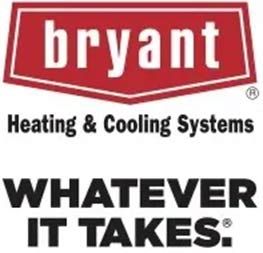
OUR LOCATION


